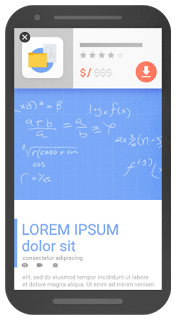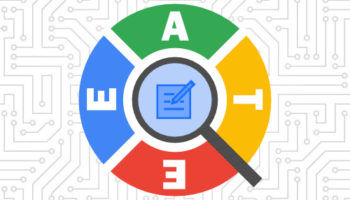Recently, Google announced that it will begin penalizing the mobile search rankings of sites that use certain types of popups or ‘interstitials’, which block immediate access to site content by forcing the user to interact with a screen or dialog. Commonly, these types of popups are used to solicit newsletter signups, announce active sales, or to deliver ads.
Examples of Intrusive Popups/Interstitials

What This Means for Your Site
Google has stated that these changes will take effect January 10, 2017, and will specifically look at content accessibility on mobile devices. At this time, it does not look like they will be targeting desktop search results.
Additionally, Google is not viewing all interstitials as harmful to user experience. For sites which notify users of legal restrictions (e.g. age verification, tracking cookie usage) and popup login prompts for blocked content, Google has stated that they will not levy a penalty. Interstitials which use “a reasonable amount” of the screen will also not be penalized, however, it is currently unclear what exact proportions Google considers “Reasonable”. Our best resource to date is the image they provided on their blog post.
Example of a “Reasonable” Popup/Interstitial

If your site uses interstitials that do not match Google’s guidelines, it would be a good idea to look into making edits or remove them entirely before the January deadline. If your site’s revenue is directly driven through the use of interstitials, now would be a good time to begin A/B testing different layouts or conversion paths for your users.
It is currently unclear whether these penalties will also apply to interstitials based on user triggered events, such as scrolling to the bottom of the page and on page time, or if this only applies to interstitials which display on page load. Because of this, it may be best to consider changes to your content and layout to avoid anything which could block access to page content, instead of changing the triggers.
More information is sure to come in the future and Google will most likely be including interstitial checks in Search Console and PageSpeed Insights. It’s also important to note that Google’s ranking is based on hundreds of factors and this will only play a role in that. So, don’t panic, but view this as an opportunity to review your messaging and improve your user’s site experience.





